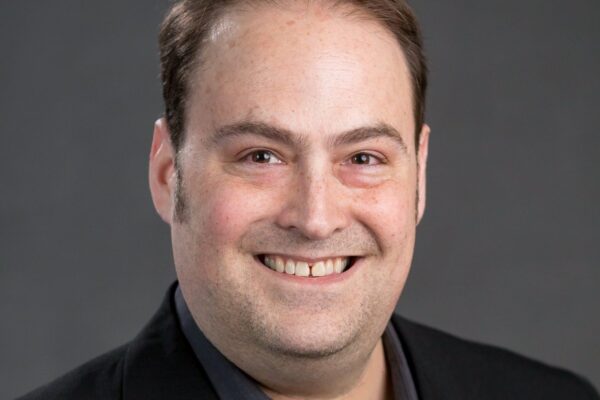
Andy Carvin
DFRLab, Atlantic Council
USA
Andy Carvin is research director and managing editor at the Digital Forensic Research Lab (DFRLab) of the Atlantic Council Technology Programs, where he leads the lab’s research and reporting efforts.
Carvin is an award-winning journalist who has pioneered new forms of online collaboration for more than twenty years. From 2006 to 2013, Carvin was senior strategist at the National Public Radio (NPR), where he founded the company’s social media desk and developed new reporting techniques to improve the quality and diversity of NPR’s journalism. Over the course of 2011 and 2012, he became known as “the man who tweets revolutions” due to his innovative coverage of the Arab Spring using social media. For his work during the Arab Spring, Carvin received a 2011 Knight-Batten Award for journalism innovation and the 2012 Shorty Award for best journalist on Twitter. He was also a semifinalist for the 2011 TIME 100, Time Magazine’s annual list of the one hundred most influential people in the world.
In early 2013, Carvin released the book Distant Witness: Social Media, the Arab Spring and a Journalism Revolution, published by CUNY Journalism Press. His work has been recognized at the Smithsonian Museum of American History, which displayed the iPhone he used to cover the Arab Spring as part of its permanent exhibit on the history of American innovation.
After departing NPR, Carvin became founder and editor-in-chief of reported.ly, a social news initiative at First Look Media. Using social media and digital forensic tools, reported.ly covered breaking news stories around the world, with a particular emphasis on human rights and social justice. The project received the 2015 Online Journalism Award for its groundbreaking use of social media to cover the Charlie Hebdo terrorist attack in Paris. In 2018, he served as Asper visiting professor at the University of British Columbia’s graduate school of journalism.
Carvin graduated from Northwestern University with a BS in rhetoric and an MA in telecommunications policy. He lives near Washington, DC, with his wife, two kids, two cats, a dog, and a very large lathe, which he uses to make wooden bowls and vases in his spare time.